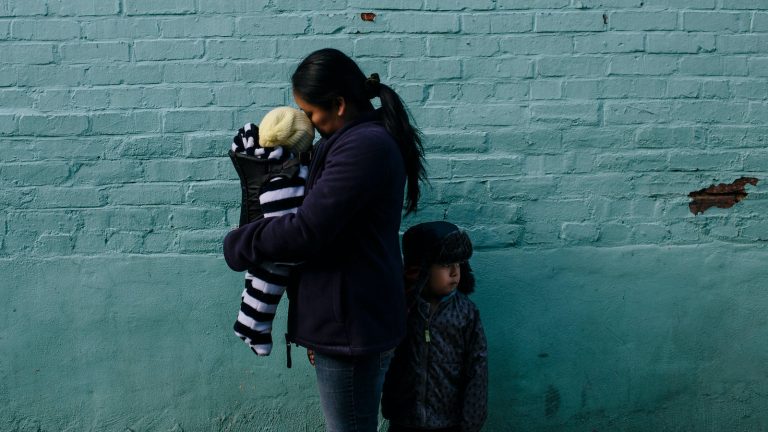Here’s a number that might shock you: Right now, nearly 1.3 million immigrants are languishing in the legal limbo of pending deportation cases. For most, the average wait time for a hearing is 1,642 days—that’s four years of waiting in line.
Why? Well, America’s immigration courts are clogged. During the pandemic, immigration courts canceled thousands of hearings and closed many in-person hearing locations. Furthermore, despite immigration courts around the country grinding to a near halt, ICE continued to file new deportation cases throughout the pandemic. The immigration court backlog grew substantially, reaching its highest level in American history.
So it comes as a relief that one of the Biden Administrations’ first acts may help unclog the immigration court backlog.
In a memo released January 20, 2021, the DHS paused most deportations for 100 days so that it could re-evaluate its immigration-enforcement priorities. For those who have been facing looming deportation for years, 100 more days of waiting may provide little comfort. But the moratorium along with the new immigration-related executive order, which revokes an order under the Trump Administration that allowed immigration-enforcement agencies to indiscriminately target anyone who could be deported, regardless of whether they were charged with civil or criminal offenses, together signal the new administration’s desire to prioritize a much smaller number of deportation cases.
That’s a vital first step to unclogging America’s immigration courts. Re-evaluating the mountain of cases currently on hold and prioritizing the cases that involve criminal offenses (as opposed to only civil) and threats to national security should be a no-brainer. Over 98 percent of those in the deportation case backlog are only guilty of immigration-related civil violations and have neither committed any criminal acts nor proven to be national-security threats.
Starting February 1, the Biden Administration began prioritizing deportations for those suspected of terrorism, for those who entered the United States after November 1, 2020, and for those who’ve been convicted of an “aggravated felony.”
While that will certainly help, it won’t fix the backlog all on its own. In a report released last month, the Transactional Records Access Clearinghouse warned that it would take the entirety of Biden’s first term to resolve all of the cases currently in the immigration court case pipeline—and that’s assuming pre-COVID case-completion rates and a full deportation freeze. The reality is that it is highly unlikely for immigration courts to return to pre-COVID completion rates anytime soon, and even the partial freeze has faced pushback at the state level.
In late January, a federal judge in Texas ordered a temporary hold on the DHS’s deportation pause, delaying it for two weeks. The DHS’s deportation moratorium has also faced challenges from Arizona and will likely face challenges in other states as well.
Until the Biden Administration concretely lays out its immigration enforcement priorities, a deportation freeze is not enough, nor are superficial measures to increase the case completion rate such as hiring more judges. Steps must be taken to create a path for citizenship for the 1.3 million people stuck in the deportation case backlog without a criminal record.
This backlog is not unique to immigration courts and has been a consistent issue in civil and criminal courts throughout the country—especially during the pandemic. Unlike other court systems, however, the average petitioner facing an immigration court has decisively fewer legal options, fewer avenues for legal representation, and longer wait times—often spent in detention centers. Combined, these conditions have pressured many to agree to self-deportation.
No person should have to wait four years for their time in court; immigrants are no exception. It is time to unclog the immigration backlog.














[…] by Nico Zviovich […]